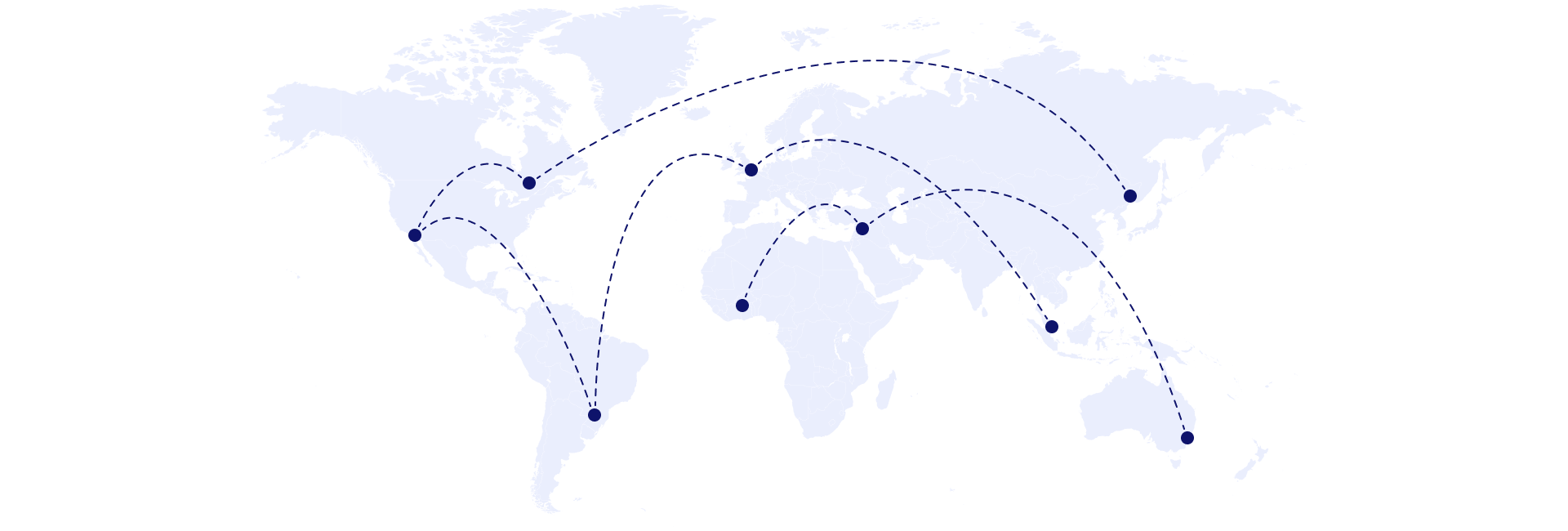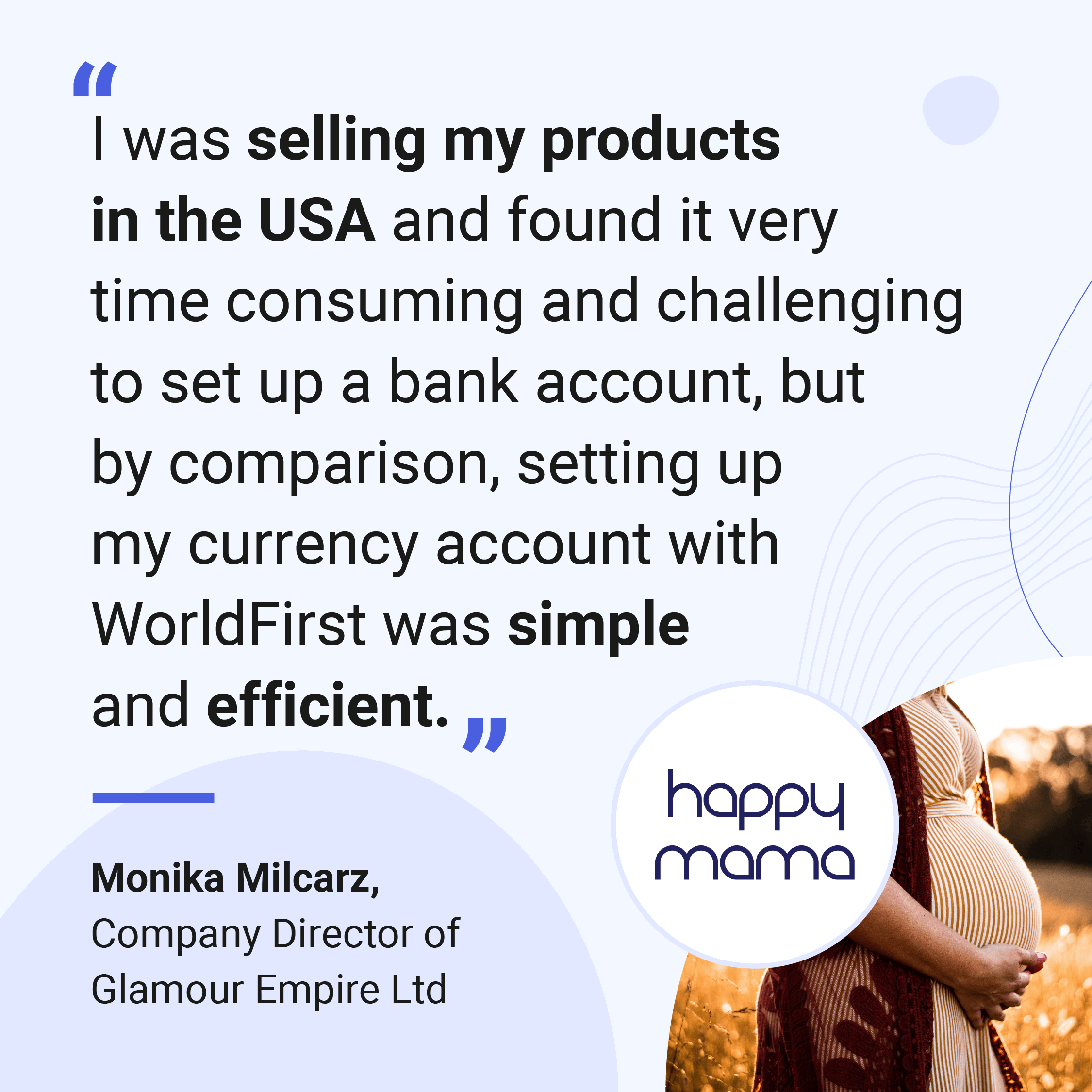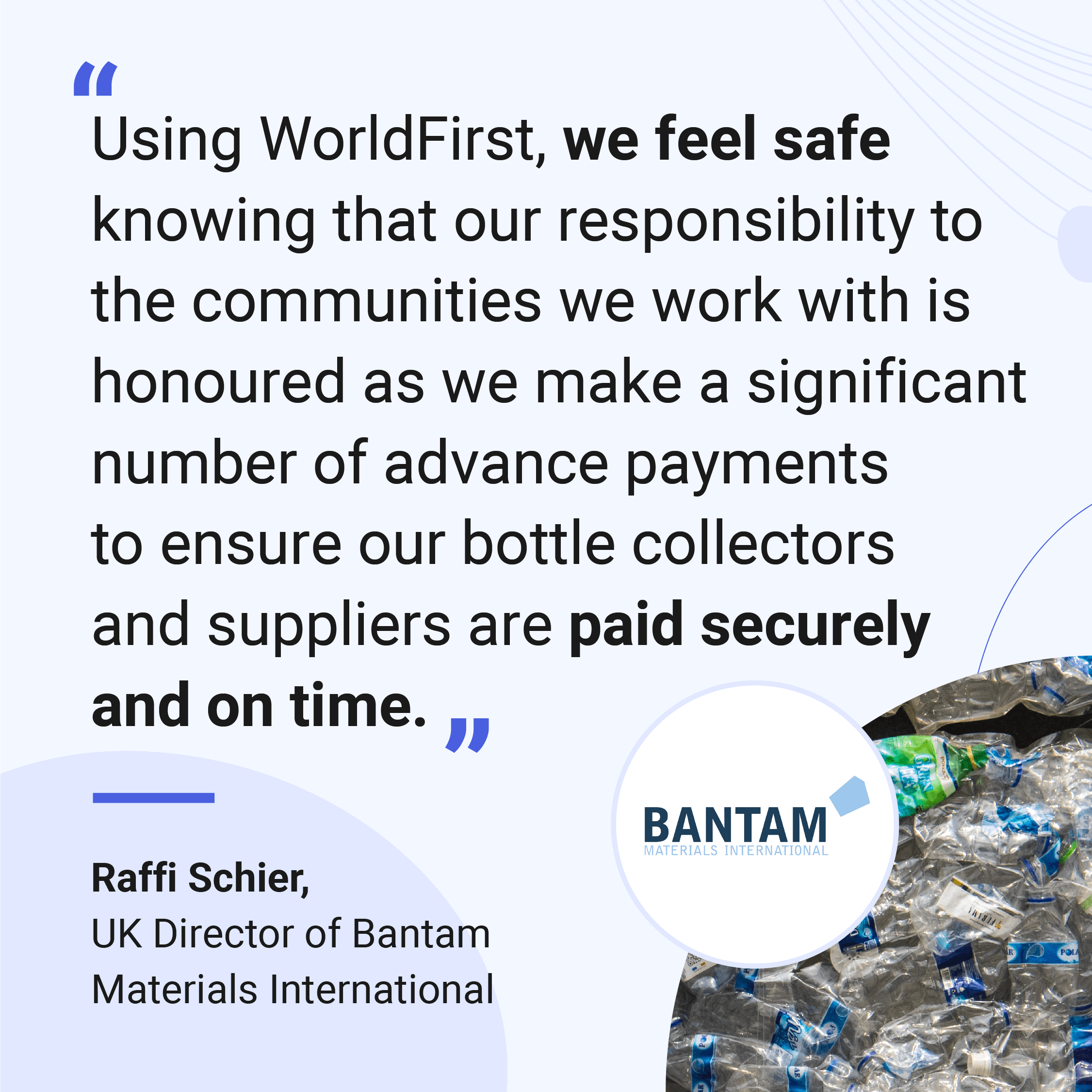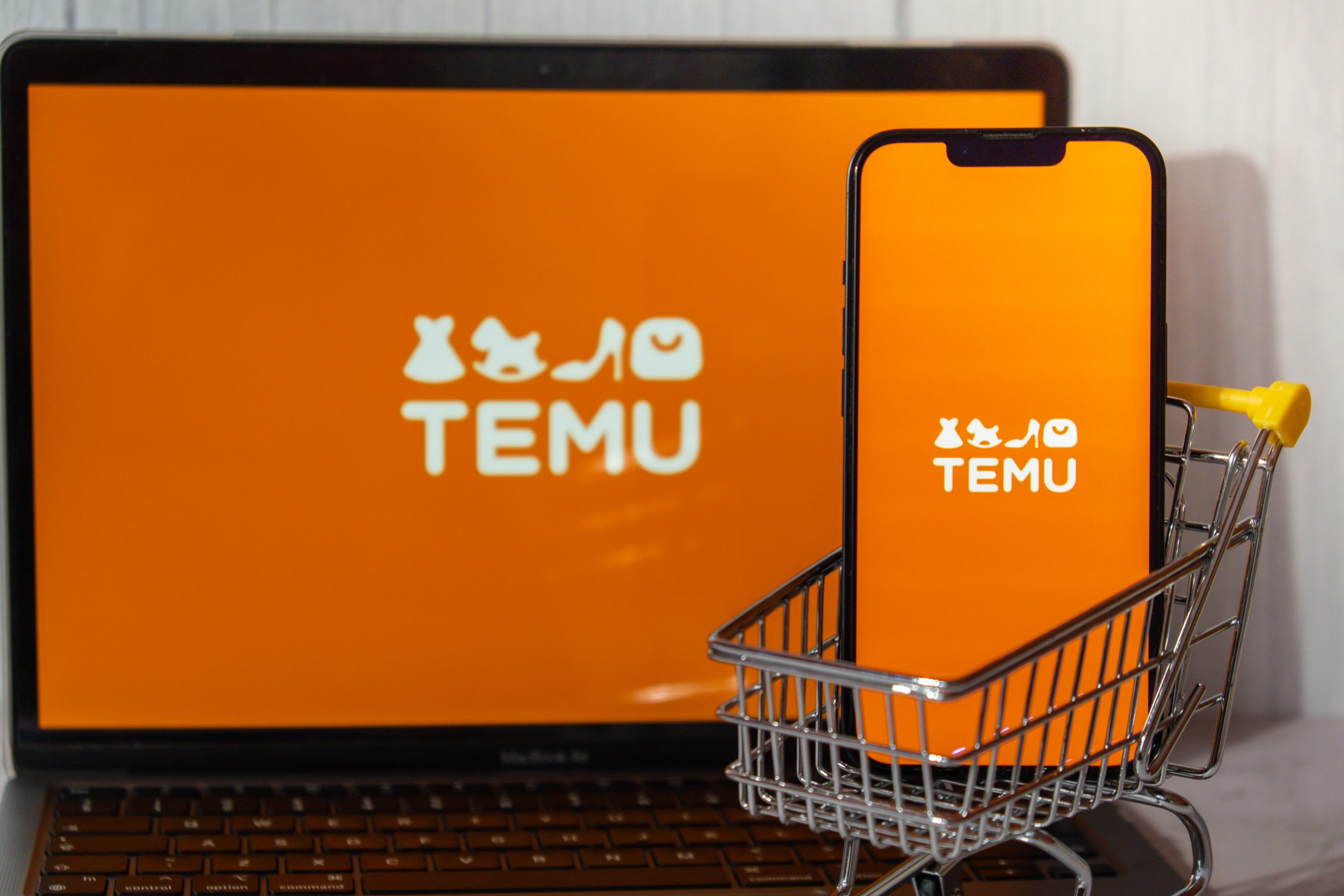
Keeping on top of tax responsibilities and administrative tasks is a massive part of any business owner’s working life. This applies especially if you export your products and have to obey foreign tax laws. Thankfully, there are several tax tips for small business owners that you can use to save time and reduce stress.
In this article, we’ll explore online business tax laws, and we’ll reveal three ways you can stay on top of your taxes. We’ll also look at how import tax works if you’re expanding into non-EU territories.
- Keep accurate records
- Claim any available allowances and appropriate expenses
- Understand the types of tax that apply to your business
- Do I have to pay VAT on imports?
Keep accurate records
When it comes to paying your taxes in the UK, you’ll either fill out a self-assessment as a self-employed person, or you’ll create detailed accounts to submit as a limited company or partnership. In all circumstances, you need to keep thorough sales and business purchase records to submit accurate tax returns at the end of the fiscal year. Sales invoices, invoices for business purchases and images of receipts are all accepted forms of financial proof for HMRC.
To stay on top of the mounting collection of sales invoices, as well as your usual business expenditure, you can use accounting software that will become a paperless filing system for you.
In the UK, Making Tax Digital comes into play for income tax returns in 2023, so it’s worth planning ahead and using software to support your record keeping. If you adopt a digital filing system, you could save both time and money — and you can easily provide proof of your records to HMRC in the event of a tax investigation.
Claim any available allowances and appropriate expenses
First of all, ensure that you understand what is and what isn’t tax deductible when claiming business expenses. You can find a detailed breakdown on the HMRC website to ensure you don’t pay more tax than you have to.
Secondly, check which allowances apply to your business and household. If you add up personal income tax allowance, savings and dividends allowances, you might end up with a much higher tax free income. If your spouse or child is not using their allowance, they may be able to transfer up to 10% over to you, which can reduce your tax bill.
If you’re an online business owner, you should research tax relief options that apply to your company. Tax relief schemes can also help you attract investors and grow. Options like the Enterprise Investment Scheme, Research and Development relief or the Seed Enterprise Investment Scheme encourage investment because they protect funds.
Savvy business owners understand HMRC tax laws and loopholes. Sometimes, for example, it can help to claim fewer expenses. Under normal circumstances, you could pay 20% or more in capital gains tax on a business property sale. You could reduce capital gains to 10%, however, if you don’t claim your full rent/mortgage amount as tax deductible on your returns. In short, perform research and consider the tax implication of any big business moves.
Understand the types of tax that apply to your business
Online sellers will usually come up against the following types of tax, and it’s important to understand what your responsibilities are for each:
- Income tax - if you are running a business as a self-employed person (sole trader or partnership), then you will need to pay tax by submitting a self-assessment tax return if you make over £1,000 from your selling activities annually.
- Corporation tax - if your business is a limited company you’ll have to pay 19% corporation tax on business income.
- Online seller tax - the UK government may introduce a 2% online sales tax later this year to give struggling brick and mortar stores a slight financial advantage.
- VAT - businesses with an annual turnover of more than £85,000 in a 12 month period have to register for VAT (added tax of 20% on sale price, although some items are classed as reduced-rate or zero-rate). You can voluntarily register for VAT below this threshold, too.
Next, we’ll explore how tax — especially VAT — works if you import products from abroad.
Do I have to pay VAT on imports from China?
You will still have to pay VAT if you import goods from outside the EU, whether your business is VAT registered or not.
If your business imports — or plans to import — goods or products from China or other countries outside the EU, then you will not be charged VAT in China, because Chinese suppliers do not fall under a different regional tax system. However, you will still be charged VAT upon the items entering the country. If you plan to import items into an EU country, you’ll pay the VAT rate of that EU country.
The amount of VAT you’ll pay is based on the customs value of the imported goods, which includes:
- The price you paid for the products
- Insurance costs
- Any royalties or license fees
- Packaging costs
- Resale proceeds
- Delivery costs to the UK or EU border
Add the customs value to your total import duty (the cost of importing goods from one country to another): you’ll pay 20% VAT on this grand total to the relevant authority (HMRC in the UK, or other tax bodies in EU countries) via a VAT return.
Keeping on top of your tax is critical, as is making sure every penny works effectively to build your brand. Read our latest guide that covers a host of useful business money saving tips for online sellers.
Making your online seller finances easier with WorldFirst
If you’re interested in importing goods from China or you want to expand your business into foreign territories, WorldFirst’s solutions could save you time and money.
WorldFirst provides options for same-day transfers, limiting your exposure to fast-moving currency markets and the risks they pose when completing transactions.
Join the nearly quarter of a million businesses transferring major currencies across the globe and start using WorldFirst today. To get started, take a look at our products and services.

You might also like
Insights from WorldFirst cover the latest FX news, top accounting tips, strategies to mitigate risk and key industry trends. Choose a category below to find out more.
Businesses like yours trust WorldFirst
- Almost 1,000,000 businesses have sent $150B around the world with WorldFirst and its partner brands since 2004
- Your money is safeguarded with leading financial institutions

What our customers say about our services





